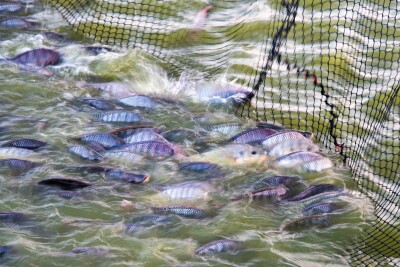A new study by WCS (Wildlife Conservation Society) has found that coral reef diversity 'hotspots' in the southwestern Indian Ocean rely more on the biomass of fish than where they are located.
The conclusion has major implications for management decisions to protect coral reef ecosystems.
Using data gathered over a 12-year period from nearly 270 coral reefs across the southwestern Indian Ocean, the WCS study found that the highest conservation priorities in the region should be reef systems where fish biomass exceeds 600 kilograms per hectare.
This finding conflicts with a common conservation and management policy that emphasizes the geographical location and physical factors that are often associated with reef diversity.
Read the full story at The Fish Site >>
Read more about coral reefs >>






